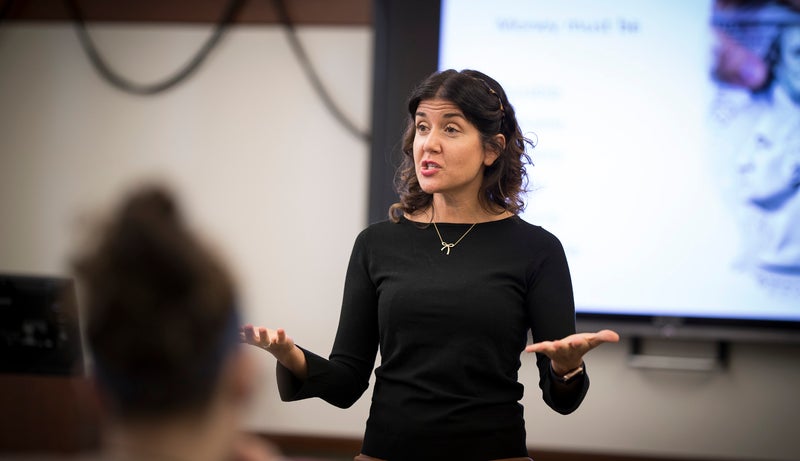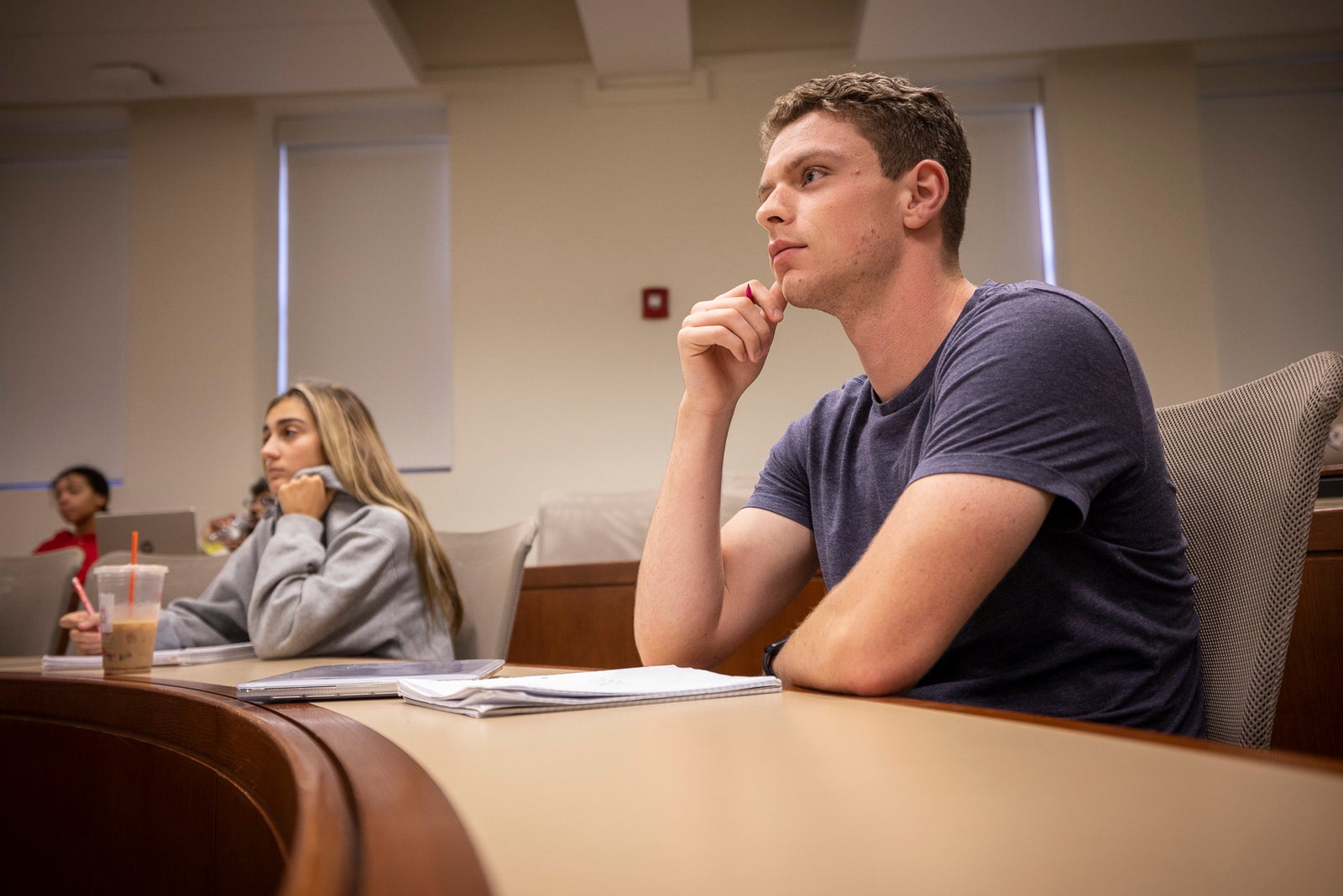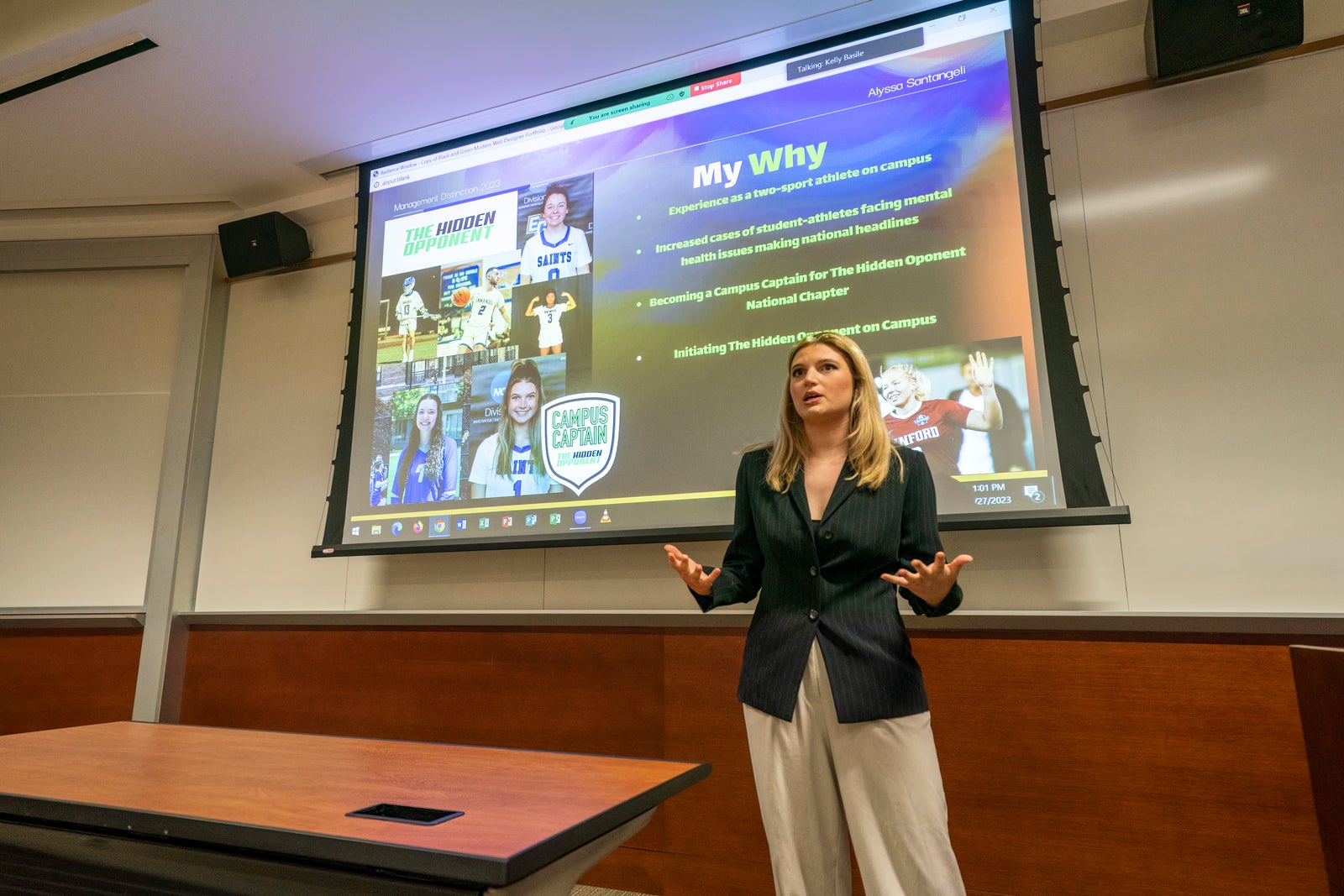Anything from taxes to labor disputes to the weather can impact the economy.
Economics is a social science that delves into the fascinating world of the production, distribution, and consumption of goods and services. Using our unique blend of complex models, theories, and data analysis, we investigate the intricate interconnections and constantly evolving dynamics of the modern economy.
Do you ever wonder how the price of your favorite snack, or the availability of your dream job is determined? Or how a simple weather phenomenon like a hurricane can cause a ripple effect on the economy? Economics majors are the designers behind unraveling these mysteries of the global market. We explore everything from tax policies to labor disputes, from the latest technological advancements to the unpredictable forces of Mother Nature.
Emmanuel’s economics minor, while a natural fit for those pursuing management degrees, can also be an exciting complement to sociology, political science, education, and many others.







